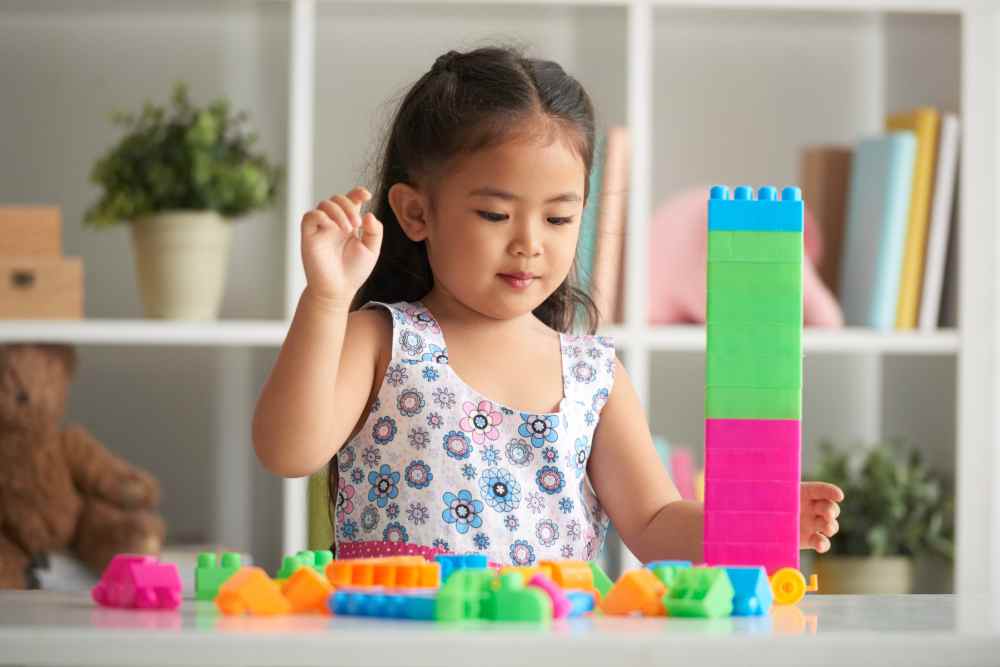Play is the most vital component in the early developmental phase of a child. Every parent should value and carry faith in the learning process through play. Even if the current pandemic situation is unfit, with schools closed for over a year and children confined to their homes continuing to learn online, parents still should guarantee an integrative learning environment for all-around growth of their kids.
Hence below are some important aspects of play and how it contributes to a kid’s lifetime learning.
How is play associated with learning?
Children have a natural affinity for learning through play. In simple words, play-based learning encourages brain growth by engaging children in a variety of experimental activities that allow them to imagine, explore, experience, create, and, most crucially, make mistakes. However, as a result, guided, semi-guided, blended activities or free play at home under the supervision of parents can all be used to promote play-based learning. Most evidence proves that such learning appears to assist toddlers develop fine motor, gross motor, social, and emotional skills in addition to pre-language, pre-math, and cognitive skills.
Play is an exploratory activity that incorporates all of the sense organs
Children acquire knowledge through their senses. Activities that engage their senses foster curiosity, exploration, and the development of fine and gross motor abilities. It hence contributes to the development of linguistic, cognitive, social, and emotional abilities.
Play is vital at this age
When a kid engages in an enjoyable activity, their body produces ‘Happy Hormones,’ also known as ‘Dopamine,’ which is linked to learning, memory, and motor function.
To highlight, children of various ages have distinct developmental milestones. Many times kids find it difficult and yet more complicated to translate or understand simple things. However, if such things are explained through play or interesting ways they find it suitable to grasp. For example; if your child finds it difficult to name 5 colours in a go, he/she might contextualise different colours in their surroundings while playing a game called color-color. As a result, it’s critical to expose the child to age-appropriate activities.
Kids become responsible
Most activities engage a youngster to control the situation allowing him/her to generate awareness. If you will interfere less during their play by limiting your pointing only if required, they may become more vigilant and in charge of their health and safety aspects during the play.
What should you do as a parent?
Incorporate practical and experience-based learning in them
Include activities that assist a youngster in putting their experiences in context with the real world, forming connections between concepts, and expanding on their previous knowledge. For example; While spending summers at home, ask them to pluck and collect all the vegetables available in your garden, thus you can ask them to name those vegetables and can even go into details about the seasonality of different fruits and vegetables. This will enhance their knowledge about seasons as well as fruits and vegetables. In such a way multiple concepts can be learned through a single activity. New notions, on the other hand, should be presented gradually.
Build connections
Introduce soulful activities like meditation or any other group activities that allow children to connect with themselves or with others. Both of these things aid in the development of self-awareness, emotional and social relationships with others, as well as a good relationship with oneself.
Enforce a repetitive pattern in play
Repetition serves to enhance concepts and aids in the acquisition of new skills. The exercise should be interesting enough that each repetition provides opportunities to experiment, explore, create, and test new ideas.


